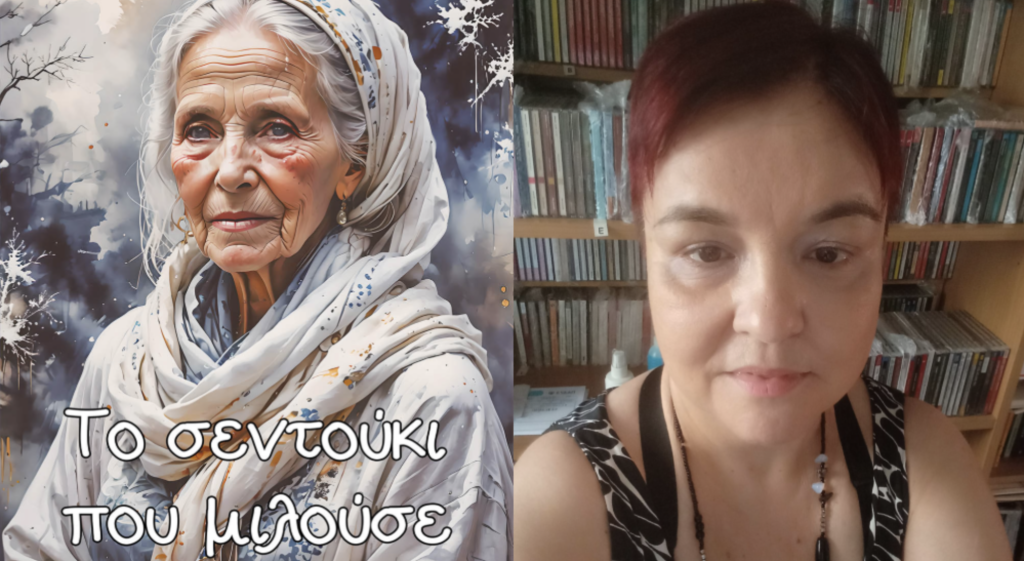In The Chest That Spoke, Smaragdi Mitropoulou gifts readers a gentle yet profound narrative, woven not with princes and witches, but with the silken threads of memory, imagination, and the sacred bond between generations. At the heart of the tale is a young girl named Smaragdenia, who finds herself enchanted by an old chest in the room of her beloved grandmother—her namesake. The chest, quiet and mysterious, becomes a wellspring of fantastical stories for the child’s mind, housing imagined treasures gifted by kind fairies and protected from dark dragons.
The adults laugh kindly at her tales. But Smaragdenia believes—wholeheartedly, with the conviction only a child can muster. Her pleas to open the chest are met with her grandmother’s tender response: “It is a magical treasure! When the time comes, it shall speak to the one chosen to open it.” And so time flows like a quiet stream. When the grandmother departs for the orchards of heaven, Smaragdenia, now grown, finally lifts the lid of the old chest and begins a different kind of journey—one that transcends time, memory, and loss. What treasure lies within? And will it awaken the child still slumbering within her adult self?
What renders this book truly unique is its simplicity—its groundedness in the everyday, and yet its ability to touch the timeless. As noted by writer Giorgos Tsivelekos in a review published on Hello Radio (11 February 2025), the story eschews the typical figures of fairy tales—no princesses or goblins—but instead presents a grandmother, a granddaughter, and an old chest. And with only these elements, Mitropoulou conjures a lyrical narrative that brims with tenderness, nostalgia, and that rare childlike sensibility that adulthood so often forgets.
Indeed, fantasy is not absent—it is refracted through memory, through the voice of the chest, which carries echoes of the past. The tale becomes a reflection on the beauty of life itself, the spirit of resilience, the quiet hope tucked in small and often unnoticed things. Love, faith, joy, and the overlooked grace of the ordinary are the true treasures unearthed.
A noteworthy dimension of this tale is its poetic form. As Tsivelekos aptly observes, the author’s affinity for poetry glimmers throughout the pages. Verses surface within the prose like songbirds mid-narration, enhancing the story’s lyrical atmosphere and lending it a more profound emotional hue. This harmonious blend of poetic and narrative form imbues the book with a soul-stirring rhythm—an invitation not merely to read, but to feel.
The Chest That Spoke is a tale for the young and the seasoned, for those who remember their grandmothers’ hands and those who still believe that magic dwells in quiet corners. It is not merely a fairy tale—it is a whispered song of remembrance, a celebration of the unseen, and a gentle reminder that the most meaningful treasures in life may lie in the chests we carry within.







